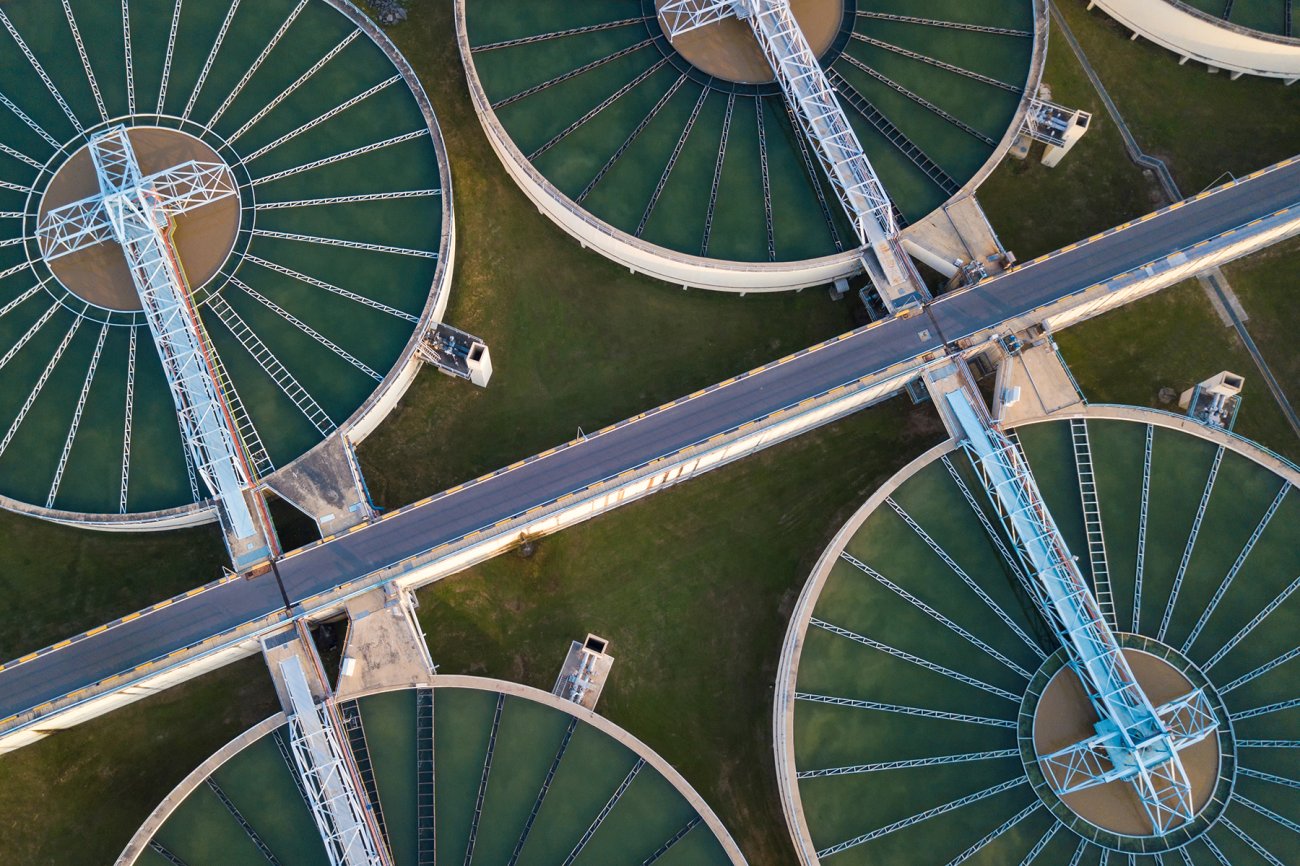Reclaim Waste for Beginners
Reclaim Waste for Beginners
Blog Article
Not known Details About Reclaim Waste
Table of ContentsFascination About Reclaim Waste5 Easy Facts About Reclaim Waste ShownOur Reclaim Waste IdeasReclaim Waste for BeginnersThings about Reclaim Waste
Explore the types, events, and forms of liquid waste. Residential sewage waste refers to the waste and products from a property septic system. This sort of waste is created by humans in houses, institutions, and various other buildings. This only includes septic systems that have a drainpipe field. The appropriate monitoring and disposal of residential sewage waste need fluid waste to be transferred to a sewage treatment plant where the proper methods and equipment are put on detoxify and take care of waste.
Commercial waste typically includes prospective risks, such as combustible products or a mix of liquid and strong waste products, and needs a much more innovative and comprehensive disposal process. The disposal of industrial waste typically entails the purification of waste before transport to ensure secure and proper disposal. Hazardous waste is produced from results and drainage of commercial processes and production.
This type of waste can not utilize the exact same sewage monitoring transportation or processes as septic or business liquids. The hazardous waste management process needs the examination and screening of fluid waste prior to it undertakes the disposal procedure (liquid waste removal melbourne). Overflow waste is the liquid waste that comes from runoff and excess stormwater in highly populated areas or cities
Drainage waste can create contamination and flooding otherwise taken care of appropriately. Learn much more about sewer cleansing and waste monitoring. Ensuring correct waste administration can stop catastrophes and decrease ecological damage. Both individuals in property settings and professionals in commercial or manufacturing sectors can gain from understanding the processes and laws of fluid waste administration.
The smart Trick of Reclaim Waste That Nobody is Discussing
Call PROS Providers today to find out regarding our waste administration and disposal solutions and the proper ways to care for the liquid waste you create.
(https://padlet.com/leonaube33101/reclaim-waste-hw71hge954tsaxnp)Do you recognize what occurs to your water when you end, purge the commode or drain the washing device? No? Well, it deserves knowing. This supposed 'wastewater' is not just a crucial resource but, after treatment, will certainly be launched to our land, rivers or the sea. Utilized water from commodes, showers, bathrooms, cooking area sinks, laundries and industrial procedures is understood as wastewater.

water utilized to cool machinery or tidy plant and devices). Stormwater, a type of wastewater, is runoff that flows from agricultural and city areas such as roofings, parks, gardens, roads, paths and rain gutters into stormwater drains, after rain. Stormwater moves without treatment directly to neighborhood creeks or rivers, ultimately getting to the sea.
The smart Trick of Reclaim Waste That Nobody is Discussing
In Queensland, a lot of wastewater is dealt with at sewer therapy plants. Wastewater is transferred from domestic or commercial websites through a system of drains and pump stations, called sewerage reticulation, to a sewer treatment plant. City governments develop, preserve and operate most sewage treatment plants. Operators are licensed under the Environmental Protection Act 1994 to discharge treated wastewater at an appropriate ecological criterion right into rivers.
The Division of Natural Resources encourages city governments about handling, operating and keeping sewage systems and therapy plants. In unsewered areas, city governments may call for owners to mount private or home sewer therapy systems to treat residential wastewater from commodes, cooking areas, washrooms and washings. The Department of Natural Resources authorises using house systems when they are proven to be reliable.
Many stormwater gets no therapy. In some new class, treatment of some stormwater to get rid of trash, sand and crushed rock has actually begun utilizing gross contaminant traps. Wastewater therapy happens in 4 stages: Gets rid of solid issue. Bigger solids, such as plastics and other objects incorrectly discharged to sewage systems, are gotten rid of when wastewater is gone through screens.
Wastewater then streams right other into huge tanks where solids clear up and are removed as sludge. Oil and scum are skimmed from the surface. Makes use of tiny living microorganisms called micro-organisms to break down and eliminate continuing to be dissolved wastes and fine fragments. Micro-organisms and wastes are included in the sludge. Removes nitrogen and phosphorus nutrients that might cause algal flowers in our waterways and intimidate aquatic life.
6 Simple Techniques For Reclaim Waste
Nutrient removal is not available at all sewage therapy plants due to the fact that it requires expensive specialized tools. Clear fluid effluent created after treatment may still include disease-causing micro-organisms - liquid waste disposal melbourne.

This typically indicates wastewater needs to be treated or impurities gotten rid of before it can be discharged to rivers. The majority of wastewater flows into the sewerage system. Under the Act, regional governments carry out authorizations and licences for ecologically relevant tasks (Periods) including wastewater launches that could have a regional influence. The department provides authorizations and permits to ERAs involving wastewater launches that may have a regional or statewide effect.
The Buzz on Reclaim Waste
Surveillance supplies factual information concerning water top quality and can validate that licence problems are being fulfilled. The details gotten via monitoring provides the basis for making water high quality decisions.
Report this page